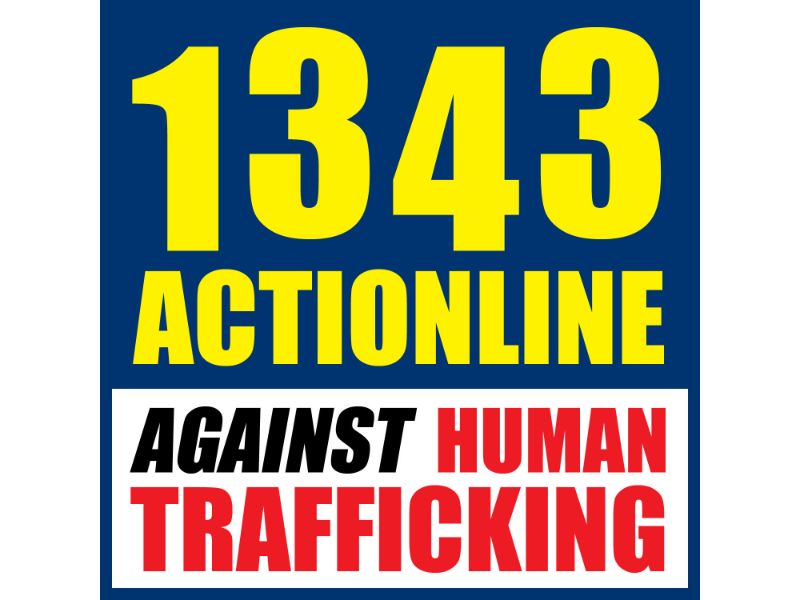Human traffickers are turning to sea-borne transportation in their trade, the Department of Justice (DoJ) yesterday said.
In a statement, the Inter-Agency Council Against Trafficking (IACAT) and the Philippine Ports Authority (PPA) said they are undertaking plans to provide logistical support to the nationwide anti-trafficking information campaign in its various seaports and passenger terminal buildings.
Justice Secretary Leila de Lima, chairman of IACAT, and lawyer Juan Sta. Ana, general manager of the PPA, signed the memorandum of agreement in line with Section 21 (e) of Republic Act 9208, otherwise known as "Anti-Trafficking in Persons Act of 2003," which mandates IACAT to conduct massive information dissemination and campaign on the existence of the law and the various issues and problems attendant to trafficking through the local government units, concerned agencies and non-government organizations.
The DoJ wants to undertake a campaign to promote awareness of ship passengers on the dangers and issues of human trafficking. This is primarily done by the installation of flat screen televisions for the viewing of anti-human trafficking materials provided by IACAT and its member agencies.
"This partnership with the PPA is one of the more recent anti-trafficking gains achieved by this administration," Undersecretary Jose Vicente Salazar, in-charge of IACAT, said as he welcomed the representatives of the port authorities.
"We have come to prove once again that the vast financial resources of human trafficking syndicates are no match to the power of our teamwork," Salazar added.
Earlier this month, the proposed law amending and thereby strengthening the existing anti-human trafficking legislation reached its third and final reading in the Senate.
Previous reports also highlighted the 100th person convicted of human trafficking since the law came to pass. Seventy of the convictions happened during the watch of the Aquino administration (July 2010 to October 2012).
Last September, the IACAT also took steps in forging ties with members of the European Union bloc in the rehabilitation of trafficking victims and strengthening of the government's database concerning human trafficking-related activities.
